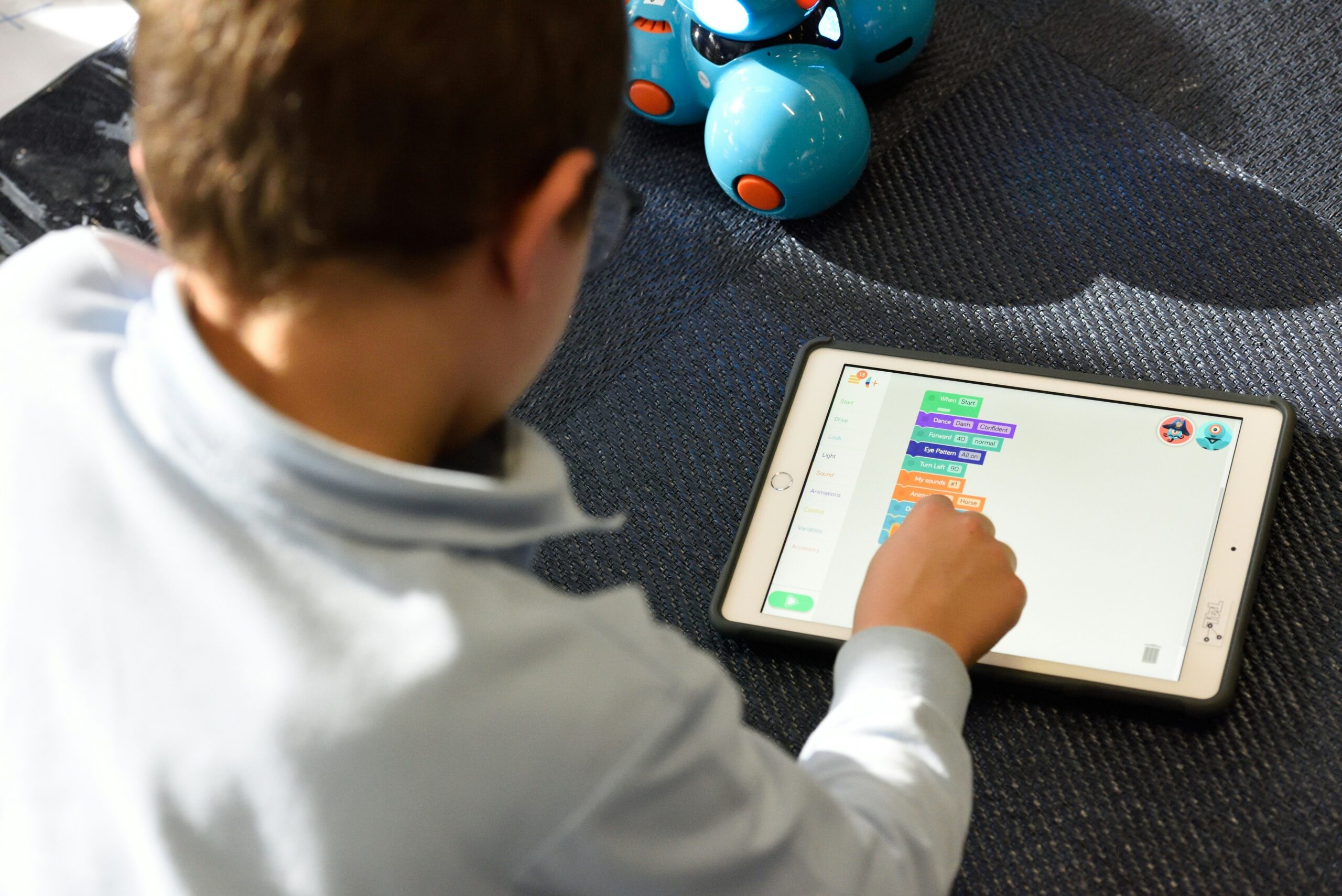How to Raise an Inquisitive Child
As parents, educators, and caregivers, we all aspire to raise children who are not just
academically successful but are also curious and eager to explore the world around them.
Cultivating curiosity in a child is a valuable gift that will serve them well throughout their lives.
In this blog post, we will explore practical tips and strategies on how to foster a sense of
curiosity in your child.
Be a Role Model
Children learn by observing the adults in their lives. If you want to raise an inquisitive child, demonstrate curiosity in your own life. Share your own questions and interests with them. Whether it’s exploring a new hobby, reading a book, or trying out a new recipe, let your child see your enthusiasm for learning and discovering new things.
Encourage Questions
From the moment children start talking, they are full of questions. Encourage them to ask questions by creating an open and supportive environment, often found at home, or at private prep schools in London. Responding positively to their inquiries, even if you don’t have all the answers, will reinforce the idea that curiosity is valued and welcomed.
Foster a Growth Mindset
Emphasise the importance of effort and perseverance over innate talent. A growth mindset teaches children that their abilities can be developed through dedication and hard work. This mindset encourages them to embrace challenges and view failures as opportunities to learn, fostering a resilient and inquisitive spirit.
Provide a Variety of Experiences
Expose your child to a diverse range of experiences. Visit museums, parks, and cultural events. Travel if possible, or explore your own community together. Exposure to different environments and activities helps broaden their perspective and sparks curiosity about the world’s intricacies.
Encourage Reading
Reading is a gateway to knowledge and imagination. Introduce your child to a variety of books across genres and topics. Whether fiction or nonfiction, books can stimulate curiosity and creativity, allowing children to explore different worlds and ideas through literature.
Support Hands-On Learning
Engage your child in hands-on activities that stimulate their senses and creativity. From simple science experiments to arts and crafts projects, hands-on learning encourages curiosity and problem solving skills. These activities also provide opportunities for exploration and discovery.
Allow for Unstructured Play
Unstructured playtime allows children to use their imagination and creativity freely. Avoid over scheduling your child with activities and provide ample time for free play. Whether it’s building forts, playing pretend, or experimenting with art supplies, unstructured play fosters curiosity and independent thinking.
Celebrate Curiosity
Acknowledge and celebrate your child’s curiosity. When they share new information they’ve learned or ask thought-provoking questions, praise their efforts. Positive reinforcement reinforces the idea that curiosity is a valuable trait.
In a world that is constantly evolving, nurturing curiosity in children is crucial. By being role models, encouraging questions, fostering a growth mindset, providing diverse experiences, supporting reading, engaging in hands-on activities, allowing unstructured play, and celebrating curiosity, you can help your child develop a lifelong love of learning and exploration. Remember, the journey to raising an inquisitive child is a collaborative one, and your involvement plays a pivotal role in shaping their curious minds.







